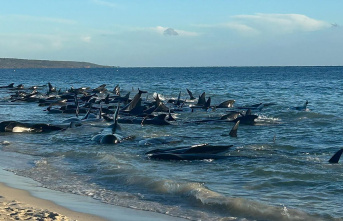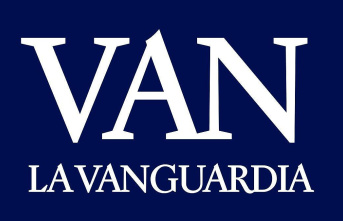Belfast's Europa Hotel must be one of the most heavily shot at in modern history. In the times that I spent the night in that hostel in the seventies and eighties, it was a swarm of spies and journalists who exchanged information in all directions, false or interested almost always. I got to decipher six different intelligence services in that hotel surrounded by barbed wire and with tapped phones in rooms with hidden cameras.
In Ulster there was a civil war between Protestants and Catholics or, better said, between the Protestant paramilitaries and the Irish Republican Army (IRA), which posed an open confrontation with the British State, which had deployed thousands of soldiers in the province of Ireland from North.
The more than 3,500 deaths from IRA terrorist violence were the nightmare of all governments in London until the Good Friday agreement of 1998, accepted by London and Dublin and most of the political forces in the north and south.
For the first time since the political partition of the island a hundred years ago, the Protestant political parties won the elections with the commitment to form an inseparable part of the United Kingdom. They were the majority and, furthermore, they drew an imaginary but real line of separation with the Catholic minority. I remember an interview with the Reverend MP Ian Paisley, in his office in Belfast. Such was the contempt he had for Catholics that because I was Spanish he called me a “papist”; He got up from the table, drew a line on the floor with a cane and asked me to ask him the questions from more than two meters away.
Intolerance and hatred were the currency of exchange between the two communities. Ireland was the nightmare of Victorian England, it caused governments to fall in London due to the famous home rule, which never satisfied anyone. The Easter uprising of 1916 resulted in the summary execution of its top leaders. Éamon de Valera was saved by being born in New York to an Irish mother and a Spanish father. Then came the civil war of 1921 and Ireland's breakaway from the empire with the partition of the island, with six of the nine counties of Ulster becoming a British province with a Protestant majority.
In Edgar Morin's latest book, Leçons d'un siècle de vie, he says that one of the lessons that more than a hundred years of life have offered him is to verify that the perenniality of the present does not exist nor the predictability of the future. There are no static photos in the villages. Human history, he says, is relatively intelligible a posteriori but always unpredictable a priori.
Nobody had foreseen that Sinn Féin would win local elections in Ulster. For years and years, Sinn Féin was presented as the political arm of the IRA and a possible interlocutor to resolve the conflict. What is unexpected is that the victory in the Northern Irish province has not been produced by a protest campaign on a referendum to unify Ireland, but rather the central axis has been the promise to fight against the high cost of living. He did not win with the nationalist demands, but with the social ones.
The winner, Michelle O'Neill, will not propose a referendum to unify the island, but, as Ernest Renan said regarding Alsace and Lorraine, we will never talk about it, but we will always think about it. The unexpected paradox is that elections in the British bastion of Ireland put the possibility of the island's unification on the collective Irish imagination.
British difficulties are Irish opportunities, it was said in the nationalist circles of Dublin, before and after independence in 1921. Sinn Féin's historic victory was not due to Irish sentimental or patriotic issues. It has been one of the many consequences of Brexit, led and executed by Boris Johnson, who boasted that life would be better outside the European Union.
But the Republic of Ireland, poor and historically exploited, is richer than the British province of the North Island. Belonging to the EU has been a determining factor for a party that has Irish unity on the horizon in a European key to win for the first time. England has left Europe, Ulster will seek Irish unity and Scotland is awaiting a new referendum. Brexit has been, until today, a mistake and a bad deal.
4












